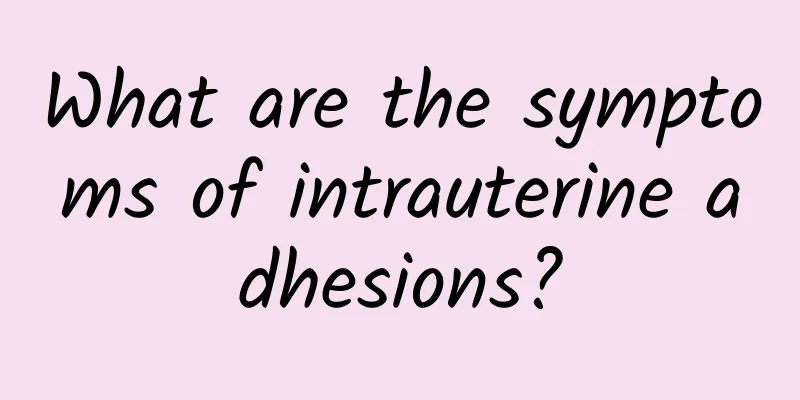Can female pelvic peritonitis be cured?

|
When the female pelvic reproductive organs and the surrounding connective tissues and pelvic peritonitis are inflamed, it is called pelvic peritonitis. It can occur in one or several places at the same time. It is one of the common diseases in women. It is divided into acute and chronic. Compared with chronic, pelvic peritonitis is less harmful, but it does not mean that we can ignore it. If pelvic peritonitis is not treated well, it is very likely to turn into chronic pelvic peritonitis. Therefore, we cannot ignore pelvic peritonitis. Then, how should pelvic peritonitis be treated? 1. General supportive therapy: Bed rest, semi-recumbent position is conducive to pus accumulation in the uterine rectal pouch and limiting inflammation. Provide adequate nutrition and fluid intake, correct metabolic disorders and acid-base balance, perform small blood transfusions when necessary, use physical cooling in case of high fever, and try to avoid unnecessary gynecological examinations to avoid spreading inflammation. If there is abdominal distension, decompress the gastrointestinal tract. 2. Antibiotic treatment It is more reasonable to select antibiotics according to drug sensitivity tests. Before the test results come out, if the condition is not too serious, penicillin and streptomycin can be used; if the condition is serious, broad-spectrum antibiotics should be used. Combined medication has good efficacy, and the compatibility must be reasonable, with fewer types of drugs and less toxicity. After the bacterial culture results come out, antibiotics can be replaced according to the situation. The route of administration is intravenous drip, which has a quick effect. The application of antibiotics requires sufficient dosage, and attention must be paid to toxic reactions. Continue to administer for two weeks after the symptoms disappear to consolidate the efficacy, strive to completely cure, and avoid the formation of chronic pelvic inflammation. Penicillin G is also effective against anaerobic bacteria. It is used in large doses during treatment. According to the severity of the disease, 2.4 million to 10 million IU are given intravenously every day. After the condition improves, it can be reduced to 1.2 million to 2.4 million 1U per day, divided into 4 intramuscular injections. If you are allergic to penicillin, you can choose erythromycin 1.2g per day intravenous drip, plus kanamycin 0.5g each time, twice a day, intramuscular injection. The above is the treatment method for pelvic peritonitis. Do you understand? For patients with pelvic peritonitis, active treatment must be carried out. Acute pelvic peritonitis is not difficult to treat. If we actively cooperate with the doctor, we will recover soon. |
<<: Can female pelvic peritonitis be cured?
>>: Will pelvic peritonitis heal on its own without treatment?
Recommend
Is it harmful for women to have painless abortion? Is it safe for women to have painless abortion?
The indications and surgical methods of painless ...
How to perform an abortion
How is an abortion performed? Abortion is divided...
What to do if you have poor physical condition after menopause at the age of 39
The physical condition of a 39-year-old woman aft...
What are the better care methods for bacterial vaginosis?
Many diseases need care to get better quickly, es...
In what cases is painless abortion suitable?
The difference between painless abortion and surg...
What are the dangers of cervical hypertrophy?
Cervical hypertrophy is a common gynecological di...
Different types of adnexitis will have different manifestations
Adnexitis is a common gynecological disease. In f...
Can ectopic pregnancy test strips detect it? No!
As a relatively dangerous disease, people still n...
What to eat after miscarriage? 3 meals to help
Women will become particularly fragile after a mi...
Causes of adnexitis in women
What are the causes of adnexitis? Adnexitis is a ...
What are the symptoms caused by irregular menstruation in women?
It is common for women to suffer from irregular m...
What is the cure rate for hyperprolactinemia?
If you suffer from hyperprolactinemia, this disea...
Will a uterine cyst go away on its own?
Uterine cysts generally do not go away on their o...
Clinical symptoms of cervical hypertrophy
What are the main symptoms of cervical hypertroph...
Bacterial infection is the main cause of pelvic inflammatory disease
At present, pelvic inflammatory disease has becom...









